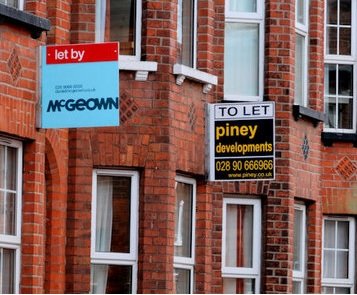16 Apr, 2015/ by National Accident Helpline /Legal and Consumer News, News
Smoke and carbon monoxide alarms will be a legal requirement in rented accommodation from October 2015, in a change in the law that could save the lives of more than 30 people every year.

Fire and rescue authorities will provide support to local landlords to ensure they comply with the new legislation, however failing to meet their obligations could incur sanctions that include a civil fine of up to £5,000.
Conservative Housing Minister Brandon Lewis expects the new rules to prevent 36 deaths and 1,375 injuries every year.
In 1988 just 8% of homes had a smoke alarm installed but now it's over 90%. The vast majority of landlords offer a good service and have installed smoke alarms in their homes, but I'm changing the law to ensure every tenant can be given this important protection,
said Lewis.
But with working smoke alarms providing the vital seconds needed to escape a fire, I urge all tenants to make sure they regularly test their alarms to ensure they work when it counts. Testing regularly remains the tenant's responsibility,
he added.
The Government are also keen to emphasise that, while helping to ensure sufficient measures were in place to improve public safety and creating a better public rented sector, the new law will not push up rental prices as the new alarms will be provided via funding from government grants.
A key part of that is to ensure the safety of tenants with fire prevention and carbon monoxide warnings. People are at least four times more likely to die in a fire in the home if there's no working smoke alarm,
said Communities Minister Stephen Williams.
Coming into effect from 10th October 2015, the new legislation would require landlords to install a smoke alarm on every floor of the property, as well as carbon monoxide alarms in ‘high risk' rooms, such as those containing solid fuel heating systems.
Ian Fletcher, director of policy at the British Property Federation said:
It is quick, cheap and easy to install these pieces of equipment, so making them mandatory makes sense, and should weed out those who are currently putting their tenants at risk. We feel that landlords and tenants can only benefit from this additional safeguard.